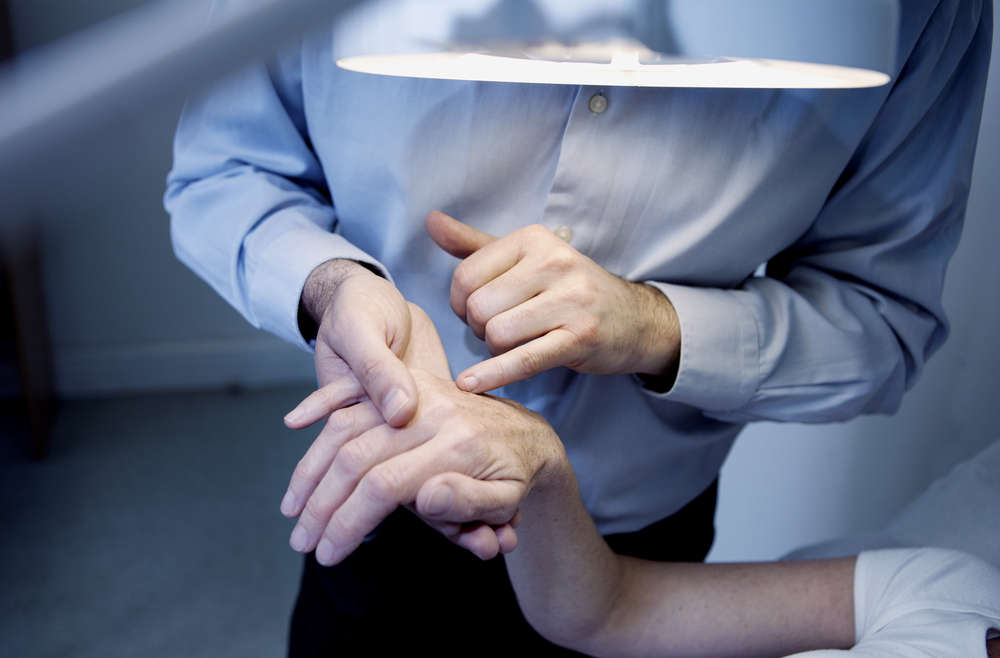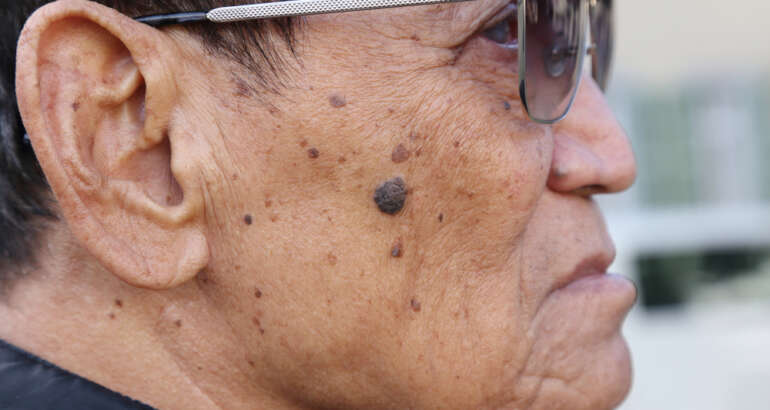It’s not uncommon for patients to wonder exactly what Mohs surgery involves and how they can best prepare for the procedure.
Continue reading to learn what you can expect before, during, and after Mohs surgery in Marietta, GA.
Mohs Surgery Marietta – What to Expect Before, During, and After
Before Mohs Surgery
There are several things that patients should do before Mohs surgery in Marietta.
To start, if you have any existing medical conditions, like cardiovascular issues or an artificial joint, you should consult with your treating physician.
He may recommend a prophylactic course of antibiotics or a temporary break from blood thinners.
In addition, patients should avoid aspirin and NSAIDs for one week and avoid alcohol and vitamin E for several days before Mohs surgery.
Also, be sure to get a good night’s sleep and eat a nutritious breakfast the morning of surgery.
During Mohs Surgery in Marietta
Most patients find Mohs surgery in Marietta to be an easy and virtually painless process.
In fact, the injection of a local anesthetic, which lasts a few seconds, is the most uncomfortable part of the entire procedure.
Once the treatment area has been numbed, your Mohs surgeon will remove the initial specimen to be viewed under microscopy. This takes just a few minutes, and you may experience some mild pressure.
The lab usually needs one-to-two hours to process the sample, so you should bring a book or something to keep you occupied during this time.
If the pathology report shows clear margins, the surgery is over. Otherwise, another specimen is taken and sent to the lab for review.
After Mohs Surgery
Following Mohs surgery in Marietta, you will be given post-care instructions and supplies.
You should avoid strenuous work and exercise for 24-48 hours and can use a cold compress or OTC medication, as needed, for mild pain or discomfort.
Learn More
If you are interested in Mohs Surgery in Marietta, Georgia, please call our office today to schedule a comprehensive consultation with board-certified dermatologist and fellowship-trained Mohs surgeon Dr. Johnathan L. Chappell.



